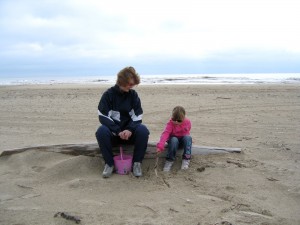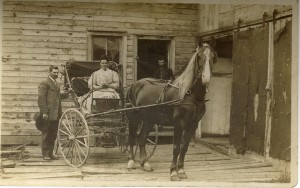 March 1, 2010
March 1, 2010
As children begin to know about roles and jobs, some will say, “I want to be a doctor.” Their parents buy them a ‘doctor’ kit to play with, and they practice being a doctor. I never hear a child say, “I want to work in public health.” Why is that? What’s wrong with this picture?
Public health isn’t part of the usual high school curriculum, so we don’t get an introduction to what a career in public health might look like. When health education is taught in high school, the course doesn’t introduce students to the public health system. And so, not surprisingly, few of us know what public health is or what the public health system does.
Public health often treats health as a public good. A public good is something for which the benefits for one of us cannot be separated from the benfits for ‘all’ of us. When I get a flu shot, I am supposed to benefit by not getting the flu. But others benefit because they do not get exposed to the flu from me.
So monies spent to inspect restaurants or public pools benefit every member of the public who eats at the restaurants or uses the pools, not just one of them. Monies spent for newborn screening programs benefit all of us because we identify conditions at early stages when prevention or care may limit the harm, and all of us benefit by having a friend or neighbor who can be a healthier and more productive citizen.
School vaccines. Programs for reproductive health. Collection of data about births and deaths–vital statistics that can show patterns and be used to suggest how to improve birth outcomes and decrease deaths. Cancer registries. Programs to prevent disease and accidents. All of these and more are prt of public health’s efforts to promote the public good.
Is the public good “good” for me? Often it is. Sometimes, it may not be.
There are limits to what vaccines I want to be used as gatekeepers to my employment. But there are even more limits to what genetic tests I want to be used as gatekeepers to my free choice to pursue life paths. So the first step is to become aware of what public health means what public does. Then we can advance agendas relating to support for public health and guidelines about where to draw the line in the name of promoting the public’s health.

 February 18, 2010
February 18, 2010 January 21, 2010
January 21, 2010 January 12, 2010
January 12, 2010 January 10, 2010
January 10, 2010